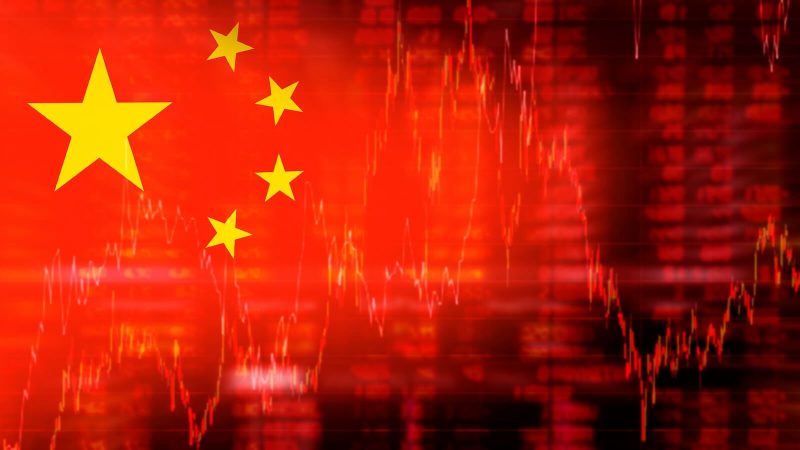China’s Stimulus Breathes Life Into Stocks and Commodities – An Analysis
The recent stimulus package unveiled by the Chinese government has sent shockwaves through the global financial markets. With China being the world’s second-largest economy, any moves made by its policymakers have far-reaching implications. The injection of liquidity into the Chinese economy has had a particularly pronounced impact on stocks and commodities, as investors reposition themselves to take advantage of the new opportunities arising in the wake of the stimulus announcement.
Stock markets around the world have seen a significant uptick in recent days, with Chinese equities in particular witnessing a strong rally. The injection of funds into the economy has boosted investor sentiment, as they anticipate increased consumption and economic growth in the near future. Chinese stocks, especially those in sectors expected to benefit from the stimulus, such as technology and infrastructure, have seen substantial gains.
Commodities have also experienced a surge in prices following the announcement of the stimulus package. The increased liquidity in the Chinese market has led to a rise in demand for raw materials such as copper, steel, and oil. This surge in demand has pushed up prices, benefiting commodity investors who had been waiting for a turnaround in the market.
The energy sector, in particular, stands to gain significantly from the Chinese stimulus. With the government pledging to invest in infrastructure projects and promote clean energy initiatives, companies involved in renewable energy and electric vehicles are expected to see a substantial boost. This has led to a surge in stock prices for companies operating in these sectors, as investors anticipate increased demand and government support.
However, not all sectors are poised to benefit equally from the stimulus package. Companies in industries that are not directly related to the areas targeted by the government may see limited upside from the injection of funds. Investors will need to carefully assess which sectors stand to benefit the most from the stimulus and adjust their portfolios accordingly.
The Chinese stimulus has also had a ripple effect on other global markets. As investors reallocate their funds to take advantage of the opportunities in the Chinese market, other markets may experience volatility as capital shifts around the world. This interconnectedness highlights the importance of monitoring global developments and understanding how they can impact investment decisions.
In conclusion, the Chinese stimulus package has injected new life into stocks and commodities, providing opportunities for investors to capitalize on the changing market dynamics. Sectors such as technology, infrastructure, and renewable energy are expected to benefit the most from the stimulus, while others may see limited upside. Global investors will need to stay informed and agile to navigate the shifting landscape and position themselves for success in the post-stimulus era.
